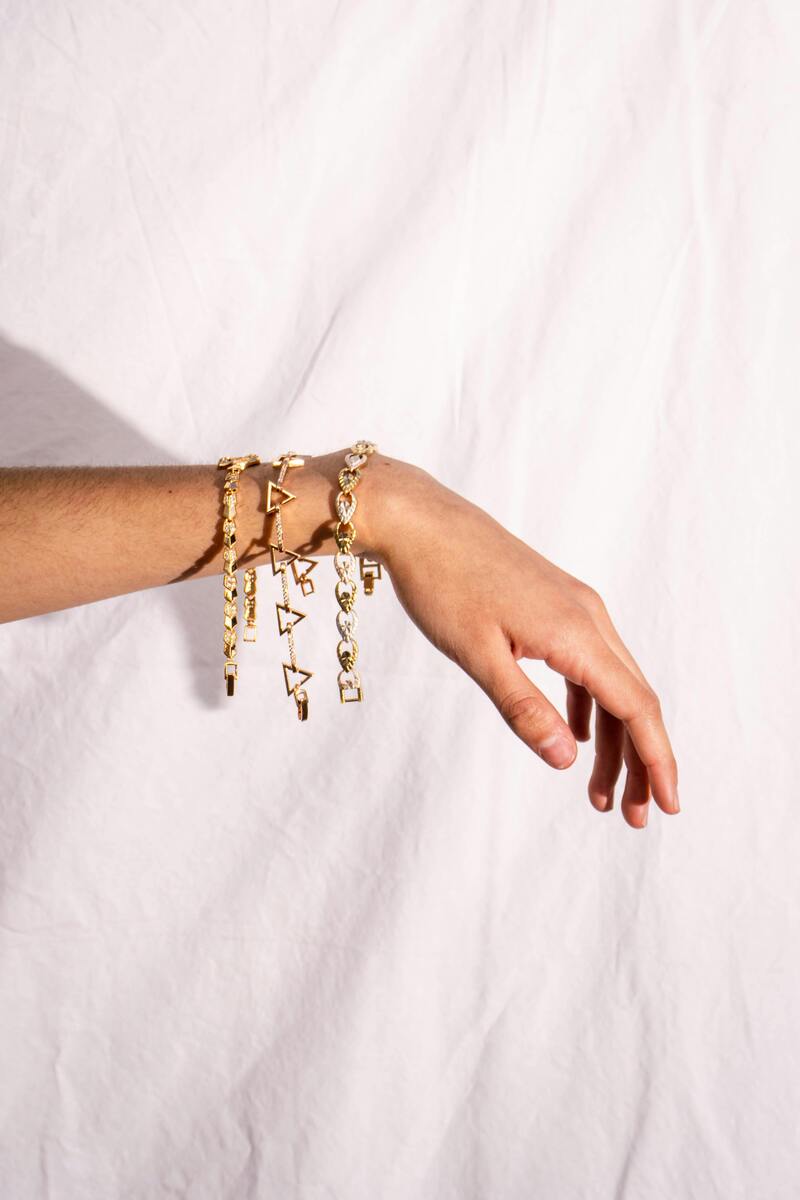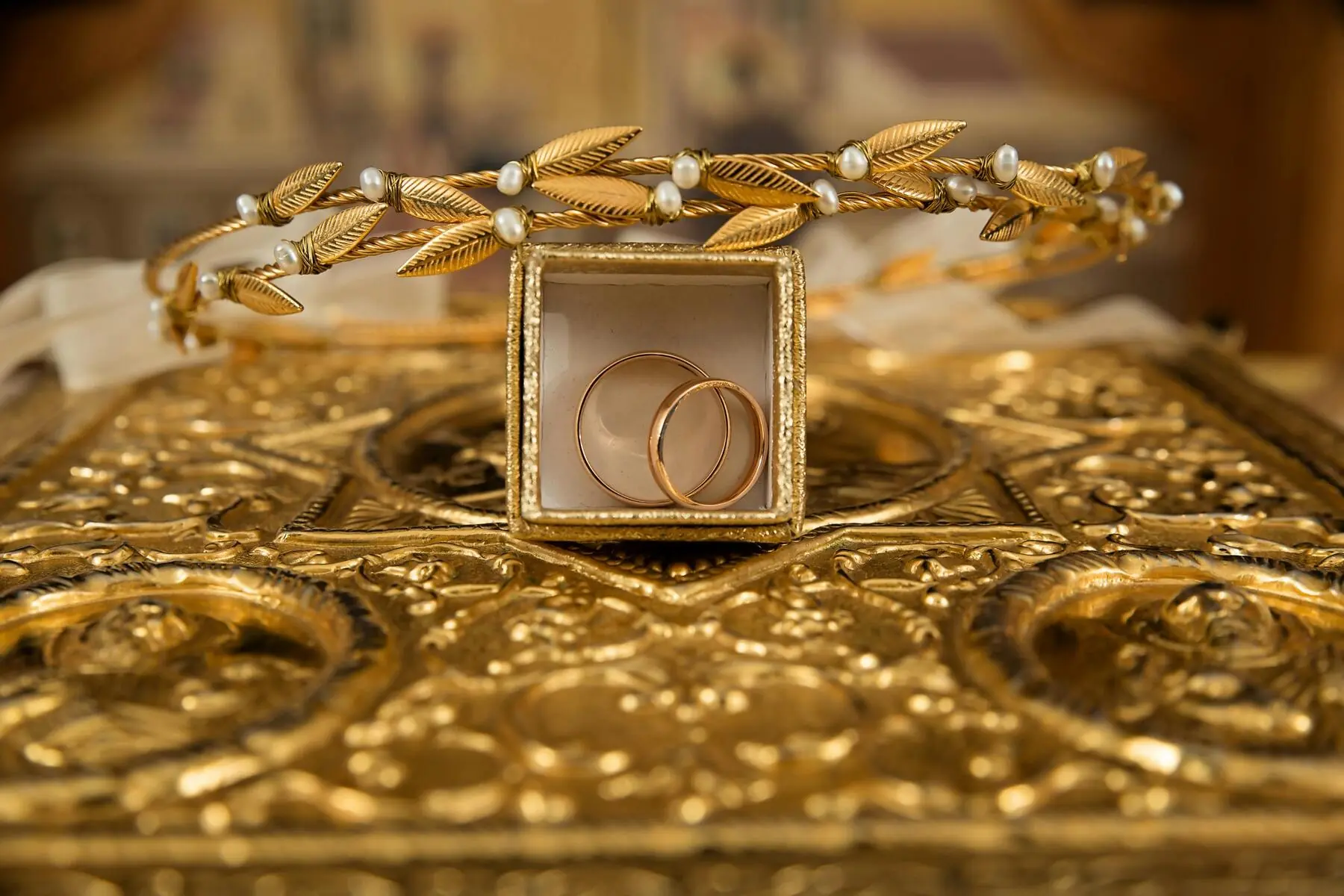When it comes to choosing gold jewelry, the debate between 14k and 18k gold is as old as time. Gold, with its lustrous allure and timeless value, is a preferred metal for jewelry. But when presented with the choice between 14k and 18k gold, many find themselves at a crossroads. Is the higher karat gold the better option, or does the lower karat gold hold its unique advantages? Let’s dive into the nuances of 14k vs 18k gold to help you make an informed decision.
Understanding Gold Karats
Before we compare, it’s crucial to understand what karats mean. Karat is a unit that measures the purity of gold. Pure gold is 24 karats, meaning 24 out of 24 parts are gold. However, pure gold is too soft for everyday jewelry, so it’s alloyed with other metals to enhance its strength and durability. This is where 14k and 18k gold come into play.
What is the difference between 14k and 18k gold?

14k Gold: Durability Meets Affordability
14k gold contains 58.3% gold and 41.7% alloyed metals. This higher concentration of alloys makes 14k gold more durable than its 18k counterpart. It’s less prone to scratching and bending, making it an excellent choice for everyday wear pieces like engagement rings and bracelets. Additionally, 14k gold is more affordable than 18k gold. Its lower gold content reduces the cost, making it a popular choice for those who seek the golden hue without the hefty price tag. The color of 14k gold is slightly less rich than 18k gold, offering a subtler gold appearance that blends well with many designs and styles.
18k Gold: Pure Luxury and Richness
On the other hand, 18k gold boasts a purity of 75%, with the remaining 25% made up of alloyed metals. This higher gold content gives 18k gold a more vibrant, rich yellow tone that exudes luxury and high quality. It’s softer and more malleable than 14k gold, making it preferable for intricate jewelry designs. However, this softness also means it’s more susceptible to scratches and wear, so it might not be the best choice for an everyday piece. The higher gold content also means 18k gold comes with a higher price point, making it a symbol of luxury and a significant investment.
What’s Better for Your Skin Tone: 14K or 18K gold?

Now, onto the golden question: which gold is better for your skin tone? The answer is not as straightforward as you might think, as it largely depends on personal preference and the look you’re aiming for.
- Cool Skin Tones: If you have a cool skin tone with pinkish or bluish undertones, the brighter, more vibrant hue of 18k gold might complement your skin beautifully. Its rich yellow color contrasts strikingly against cool undertones, making your skin glow.
- Warm Skin Tones: Those with warm skin tones, featuring yellow or golden undertones, may find that both 14k and 18k gold beautifully complement their skin. However, the softer yellow of 14k gold harmonizes naturally with warm skin, enhancing its golden glow without overwhelming it.
- Neutral Skin Tones: If you’re lucky enough to have a neutral skin tone, the world of gold is your oyster. Both 14k and 18k gold will look fantastic against your skin, so your choice can comfortably come down to personal preference, budget, and the specific piece of jewelry you’re eyeing.
14K Gold vs 18K Gold: Which Should You Choose?
The answer to whether 14k or 18k gold is better depends on your lifestyle, budget, and personal preference. If you’re looking for durable, more affordable jewelry that withstands the rigors of daily wear, 14k gold is an excellent choice. It offers the beauty of gold with added resilience, perfect for active lifestyles.
For those seeking the utmost in luxury and don’t mind the extra care that comes with it, 18k gold is the way to go. Its rich color and higher gold content make it the choice for statement pieces and special occasions.
When deciding between 14k and 18k gold, consider the type of jewelry, how often you’ll wear it, and what you’re looking to invest. Remember, both types of gold have their unique advantages and appeal. It’s about finding the right fit for you.
Conclusion
In conclusion, there’s no clear winner in the 14k vs 18k gold debate. Each has its distinct advantages and charm. Whether you prioritize durability and cost-effectiveness or pure luxury and opulence, there’s a gold option out there that’s perfect for you. So, go ahead, choose what aligns with your needs, and enjoy the timeless elegance that gold jewelry brings.
